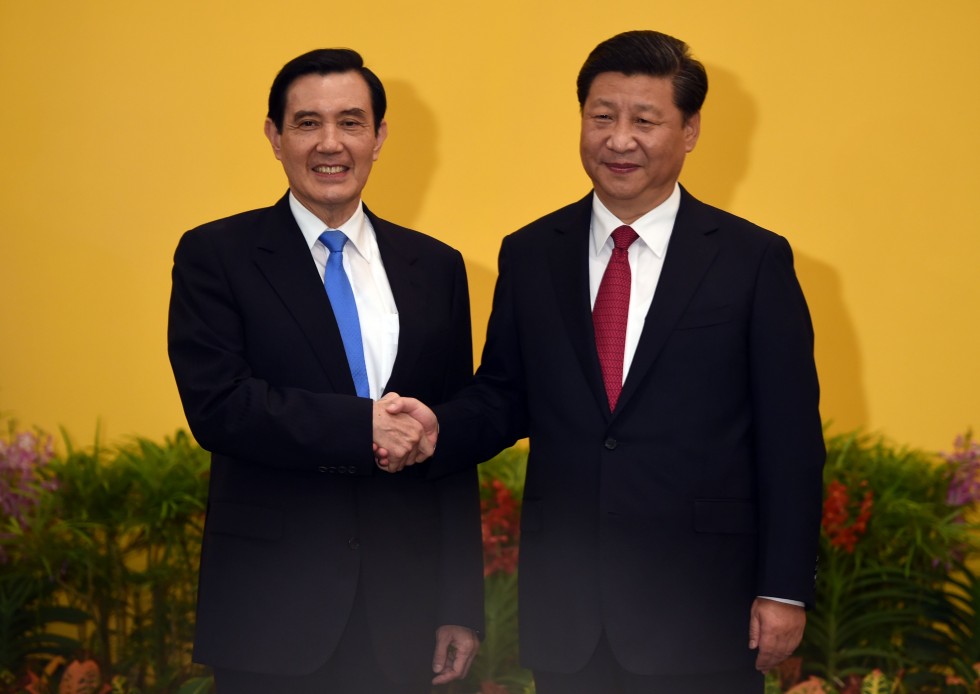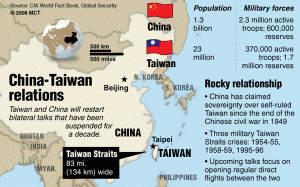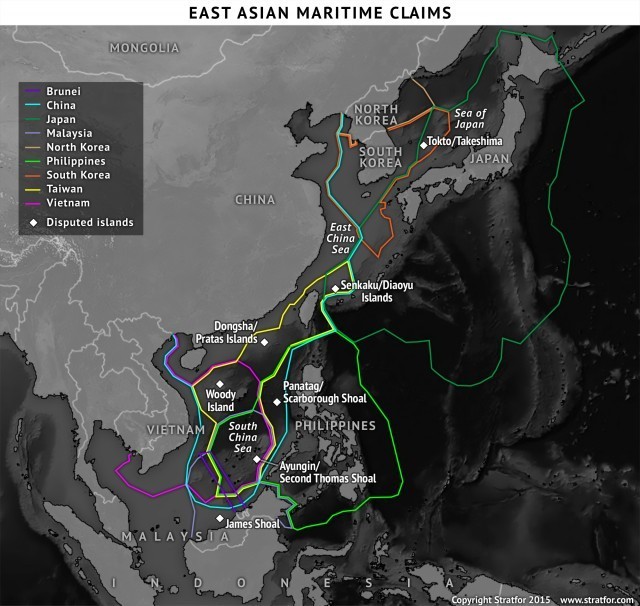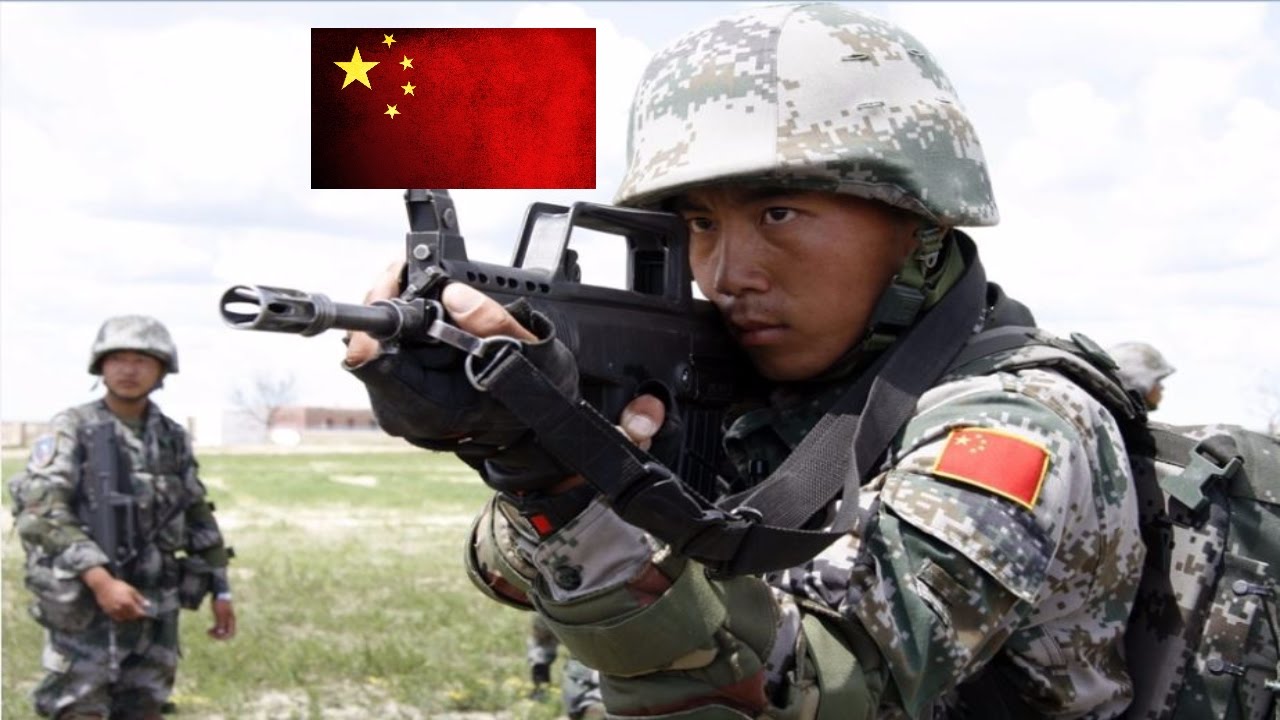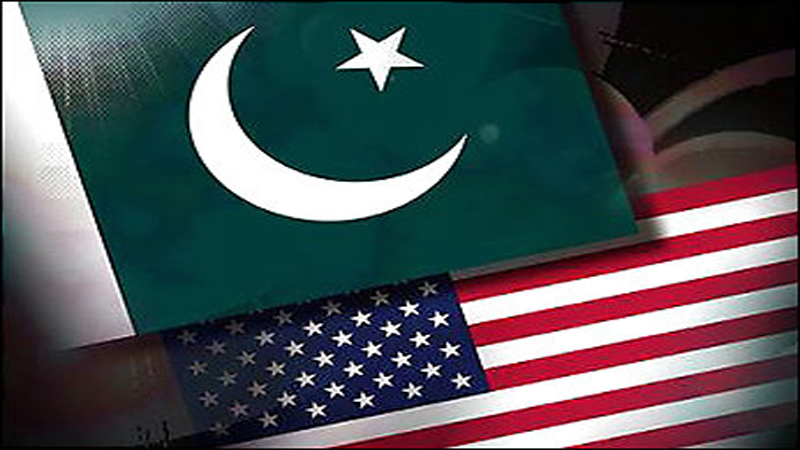On Saturday, Chinese President Xi Jinping will have a 20-minute meeting with his counterpart from across the Taiwan Strait, President Ma Ying-jeou, followed by dinner in Singapore’s Shangri-La Hotel. Both the Communist-ruled People’s Republic of China and Taiwan (officially known as the Republic of China) claim to be the sole rightful government of all of China. This state of affairs precluded all government-to-government contact between China and Taiwan until 2013, when the minister of China’s Taiwan Affairs Office met with the minister of Taiwan’s Mainland Affairs Council in a hotel lobby on the sidelines of the 2013 Asia-Pacific Economic Cooperation summit. This modest start to low-key official contacts laid the groundwork for Saturday’s meeting — the first between the heads of state on both sides of the Taiwan Strait.
With both sides cognizant of the strange formalities involved in even the most minor government-to-government interaction, the meeting was tightly orchestrated to manage public perception. The sides will split the cost of the dinner and the venue to avoid the impression of an unequal relationship and will hold separate press conferences after the fact. The tight choreography extends down to terminology. Xi and Ma will refer to each other as “mister,” carefully dodging the use of the term “president” — particularly important given that neither side officially recognizes the other as a legitimate state. Artfully ambiguous terminology aside, this is a historic face-to-face meeting between two presidents in their capacity as heads of state. There had been speculation that the two might meet as heads of their political parties — not as heads of state — at some point, but Ma resigned as chairman of Taiwan’s ruling Kuomintang (KMT) party in December 2014.
Although this is a landmark meeting, its significance — as the attention to appearances suggests — lies in its symbolic value. Taiwan’s opposition party, the Democratic Progressive Party (DPP), has already accused Ma of using the meeting to attempt to influence Taiwan’s upcoming presidential and legislative elections in January 2016. Given that the main source of Ma’s unpopularity (and, by extension, that of the KMT) in Taiwan was the impression that his drive to build tighter economic ties with the mainland was enriching wealthy businessmen and compromising national security while the economy as a whole stagnated, however, a meeting with Xi is unlikely to significantly benefit the KMT’s electoral performance in 2016.
Others have raised alarm that Ma could use the opportunity to sign secret deals with China, achieving some sort of fait accompli before his presidential term ends in January 2016. Countering these rumors, Taiwan’s Mainland Affairs Council has promised that no secret deals would be signed during the short meeting. While it is not totally outside the realm of possibility for the government to attempt anyway, this would make little political sense on the eve of elections, when it would be most difficult to maintain secrecy. The KMT was severely punished in November 2014’s local elections following its legislative bid to pass the Cross-Strait Service Agreement through procedure, widely seen as an under-the-table attempt to bypass public opinion. Any significant deal signed at this meeting would have the potential to damage KMT prospects for multiple rounds of elections to come. For Ma, a lame-duck president with only limited ability to direct his own party, the milestone meeting is likely to deliver more personal satisfaction than political gain.
For Xi’s part, although he is meeting with Ma, he almost certainly has his eyes on the post-Ma future. Barring a major upset in Taiwanese elections — currently, KMT candidate Eric Chu lags behind the DPP candidate Tsai Ing-wen 16.4 percent to 47.1 percent in polls — this will almost certainly be a world in which the DPP controls the Taiwanese presidency (and most likely Taiwan’s legislature). This potential future has been in the making since demonstrations against the Cross-Strait Services Trade Agreement in the first half of 2014 delineated the Taiwanese public’s tolerance of economic integration with the mainland. After these protests, the KMT suffered massive reversals in local government elections and switched presidential candidates midway through the campaign season in 2015. At every stage of the process, the mainland found itself with few tools to influence the outcome in its favor.
The mainland now fears that the DPP, with a strong position in the Taiwanese government, would be in a position to greatly alter cross-strait relations, potentially doing away with what little alignement there is between Taiwan’s interests and the mainland’s. Although the mainland has traditionally detested dealing with the DPP, which it views as being pro-independence, it appears that Beijing is simply accepting reality. Although the mainland made a strong point to ensure that the first meeting between Chinese and Taiwanese heads of state was held with a KMT president, the door has now been opened for the mainland to meet with any Taiwanese head of state — ostensibly without regard for their party orientation. The meeting is a sign that the mainland recognizes that contacts by nongovernmental organizations and fleeting government-to-government meetings may no longer be sufficient if it wants to preserve its interests.

